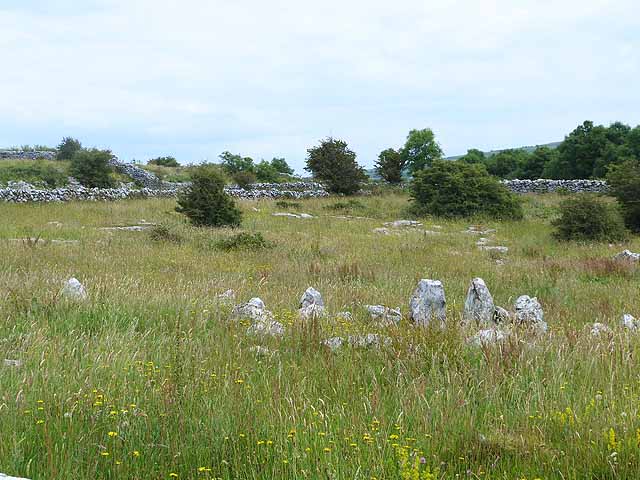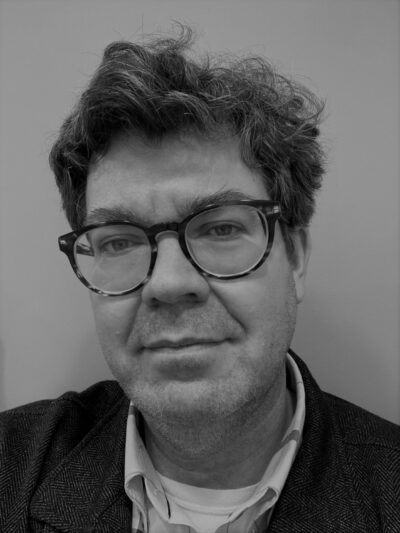
The Sign
—to Seamus Heaney
It might’ve been a joke, but spoke to me
like a blackbird’s cry, giddy
and defiant, not knowing this place
but feeling in place, not knowing you
but having a handful of your poems by heart
I would say beneath my breath—
The annals say: when the monks of Clonmacnoise
were all at prayers inside the oratory
a ship appeared above them in the air—
as I wandered once in Aspen, in August heat,
then stopped before an optometrist’s shop—
silver, pink, green and gray frames
filling the window—and looked up
to read the shop’s sign shaped
like a boat, a brush with the marvellous,
as I saw it, since it said SEEING THINGS.
A Stone Steps into An Open Field
I write, and think, No, that’s
not right. But the words
won’t stand still. They step away
too, walk across the open page.
Now the sentence is a field
a stone steps into. Soon the field’s
full of stones. Gray, black. Someone
brought them—well, maybe
a different someone brought
each different stone. A stone steps
into an open field, as I step
stone to stone across a stream.
Now you know how to walk
on water, the monk says.
But the stone has no feet. Is only
a stone. So someone threw it or
dropped it or arranged it
along with the others—and
arranged them again, so carefully
they seem just scattered about.
In the monk’s garden, seventeen
white stones sit in raked gravel so—
no matter where I stand—
I only see sixteen. How’d he do this?
I wonder. Why would he?
Maybe someone just decided
the stone was too heavy to lug
home, though it fit in a coat pocket.
Think of the stone you carried
up the hill to leave for Po—
gray with blue flecks you could see
only in the clear, early light.
Think how many stones you’ve
brought home over the years,
Preston. You line them up along
the windowsill. One’s
my paperweight. Some we toss
out, finally, into the garden—
some a little further, into the field.
December
On frost-starred nights
the rhododendron’s leaves—
the ones that stay on, stay
deep green all year—curl closed
the way, trying to keep
warm, you turn from
the window, wrap your arms
around yourself.

Matthew Thorburn‘s new book is String, published by Louisiana State University Press in 2023. His previous books include The Grace of Distance, a finalist for the Paterson Poetry Prize, and Dear Almost, which received the Lascaux Prize. He lives in New Jersey.
Image: Field with stones by Oliver Dixon, CC BY-SA 2.0 https://creativecommons.org/licenses/by-sa/2.0, via Wikimedia Commons